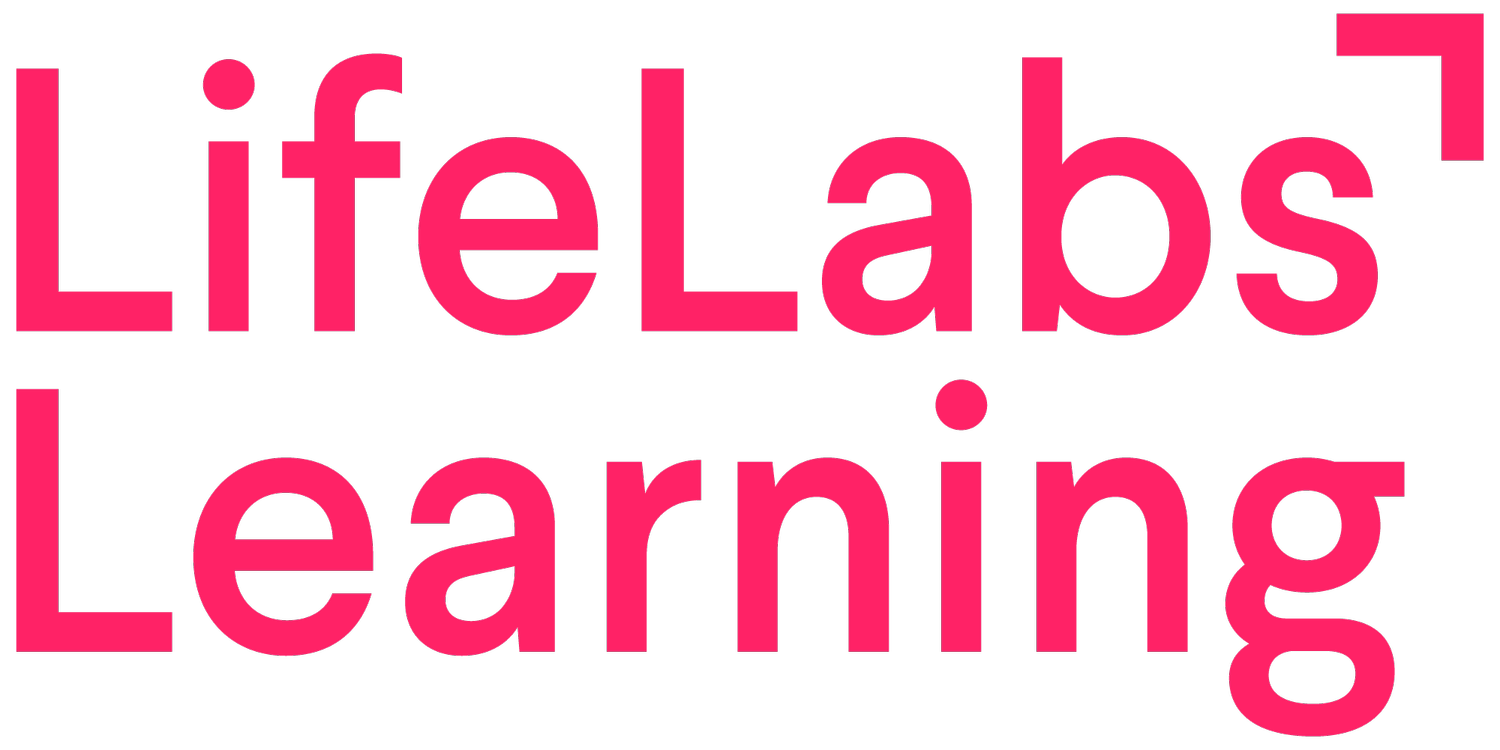AI and Leadership: 3 Must-Have Skills for Leaders in the Age of Artificial Intelligence
Have you taken a spin on the artificial intelligence (AI) thrill ride yet? With its twists and turns, many find themselves wondering what skills are required in the artificial intelligence era to stay on track. While tech-driven capabilities like prompt communication, fact-checking, and machine learning are valuable tools, your people-centric leadership skills are the real key to a smooth ride.
The future of leadership is both tech-enabled and people-centric.
Successfully navigating AI and leadership involves letting technology and human connection ride side-by-side. What business leaders need to know about AI is that while it has its strengths, there are skills it can't replicate – the ones rooted in human wisdom and personal connection.
While AI zips through tasks and decisions, it gets shaky when it comes to understanding human behavior. Leadership, on the other hand, is all about human behavior – from overcoming challenges to fostering dreams.
In the whirlwind of AI-powered change, employees are calling for leaders who prioritize empathy and understanding. Recent research reveals that 79% of people either don’t trust or are neutral toward AI when it comes to better understanding human behavior at work than human leaders.
So, leaders, buckle up and prepare to bridge the gap between technology and humanity! As you explore the transformative capabilities of AI, polish up your people skills, those invaluable soft skills that will navigate your team through the thrilling ups and downs of this new era.
3 leadership skills AI can't pull off.
While AI offers a productivity boost, the heartbeat of the workplace remains human connection. In this age of AI, three people-centric leadership skills stand out – ones that AI won't take over anytime soon.
1 - Knowing how to lead change.
Change is a constant companion in today’s workplaces. While AI can’t quite grasp human emotions and reactions to change, leaders can connect with people on an emotional level and seek to understand their perspectives and concerns. This is super important for leading through change. When you focus on empathy and understanding, you create a supportive environment, recognizing that change involves people, not just processes. This approach fosters resilience, agility, and a shared commitment to growth.
Try this: A big part of leading change effectively is making it a regular part of your company culture. Talk about it in interviews, one-on-one meetings, during onboarding, and in team meetings to make everyone comfortable with the idea of change. For example, normalize change by including a question in your interview process, such as: “Can you describe a time when you had to adapt to a significant change at work? How did you manage the transition?” or “How do you stay productive and focused when faced with continuous change or uncertainty in the workplace?” Become a pro at navigating change with our Leading Change workshop.
2 - Nurturing people development.
AI is missing a crucial element – the human touch that makes leaders excel at developing team capacity. Strategic thinking, caring, and the knack for forming real connections are where AI misses the mark, but great leaders step up to the plate. Empower your people to turn every workday into an opportunity for growth. Harness uniquely human strategic thinking skills (check out #3) to chart your team's future, considering who's next in line and the skills needed to hit your target goals. People development is closely tied to engagement and retention, both key factors for organizational success.
Try this: Regularly set aside time to delve into your team members’ motivations, strengths, and goals. Create a development chat cadence, maybe every quarter or twice a year, and follow up in regular one-on-ones to track skill progress. Ongoing development discussions are vital for creating opportunities and ensuring your team feels like they have them (both of these are really important!). Hone your developmental conversation skills in our People Development workshop.
3 - Using strategic thinking.
AI is amazing at making fast decisions using data and spotting patterns, but leaders still rule when it comes to strategic thinking. Unlike AI, humans can think logically and plan for the future, setting value-based goals, foreseeing potential problems, steering clear of unexpected issues, and bringing in the right people at the right times. This human skill is vital for innovation, something AI struggles with because it relies solely on past information it’s served and lacks the lens of experience.
Try this: Great strategic thinkers think long-term, anticipating potential outcomes and blockers. Help yourself and your team with a UC (Unintended Consequences) check. Ask: "What unintended consequences do we need to look out for?" and "What might cause this plan to fail?" Get more smart-thinking tools in our Strategic Thinking workshop.
Conclusion
To truly thrive as a leader in this exhilarating AI era, stay on top of the growing impact of AI on business and get the hang of AI tools, wielding them to make a real impact. Yet, keep in mind, like any thrilling ride, AI has its highs and lows. Merge the power of technology with your human touch and up-leveled people skills to guide change, foster team growth, and strategically chart the course to success.


